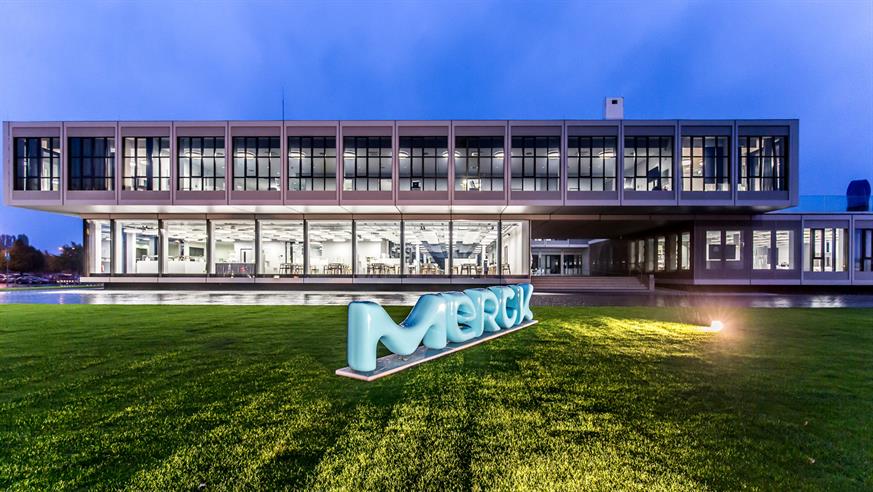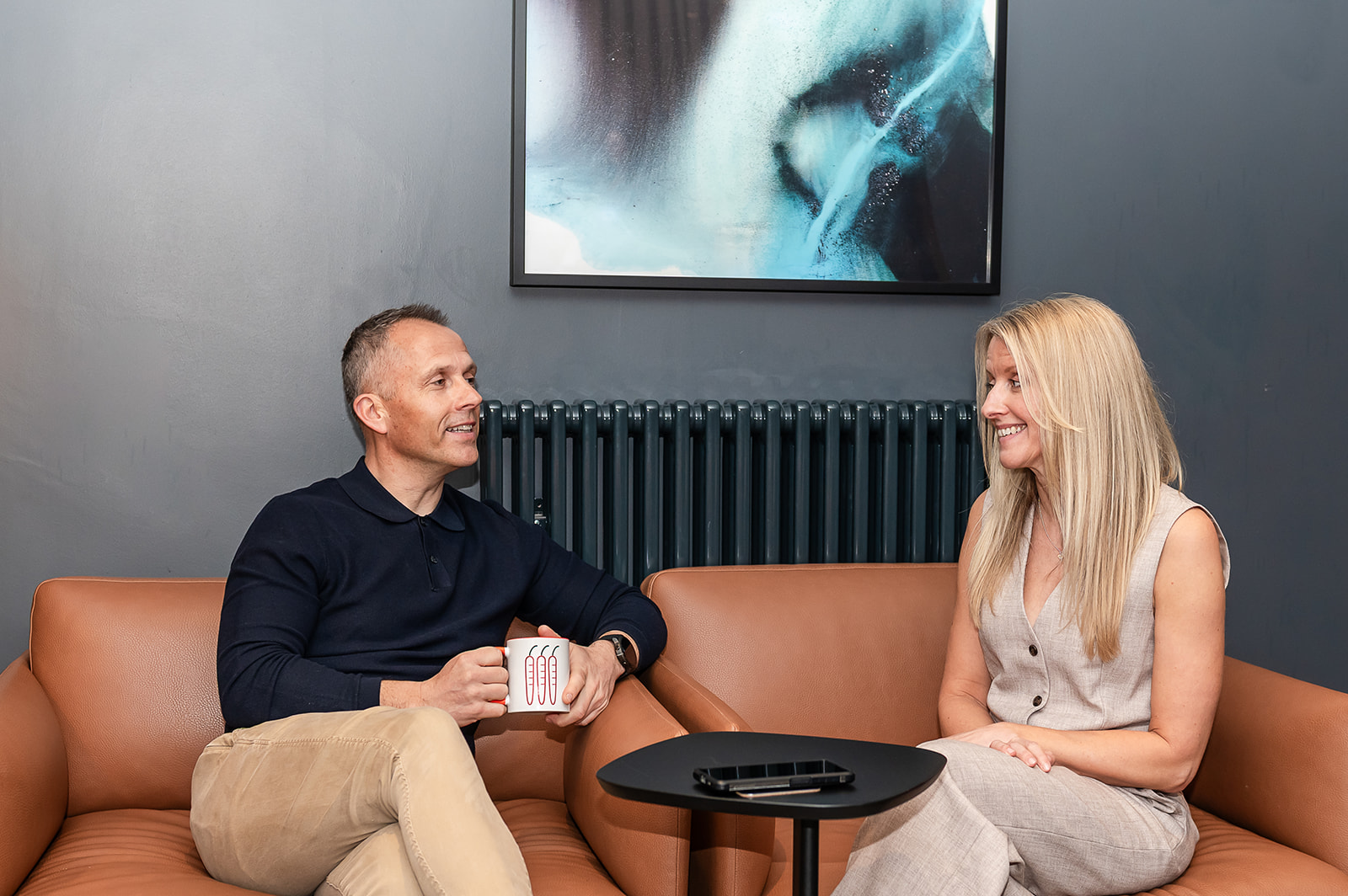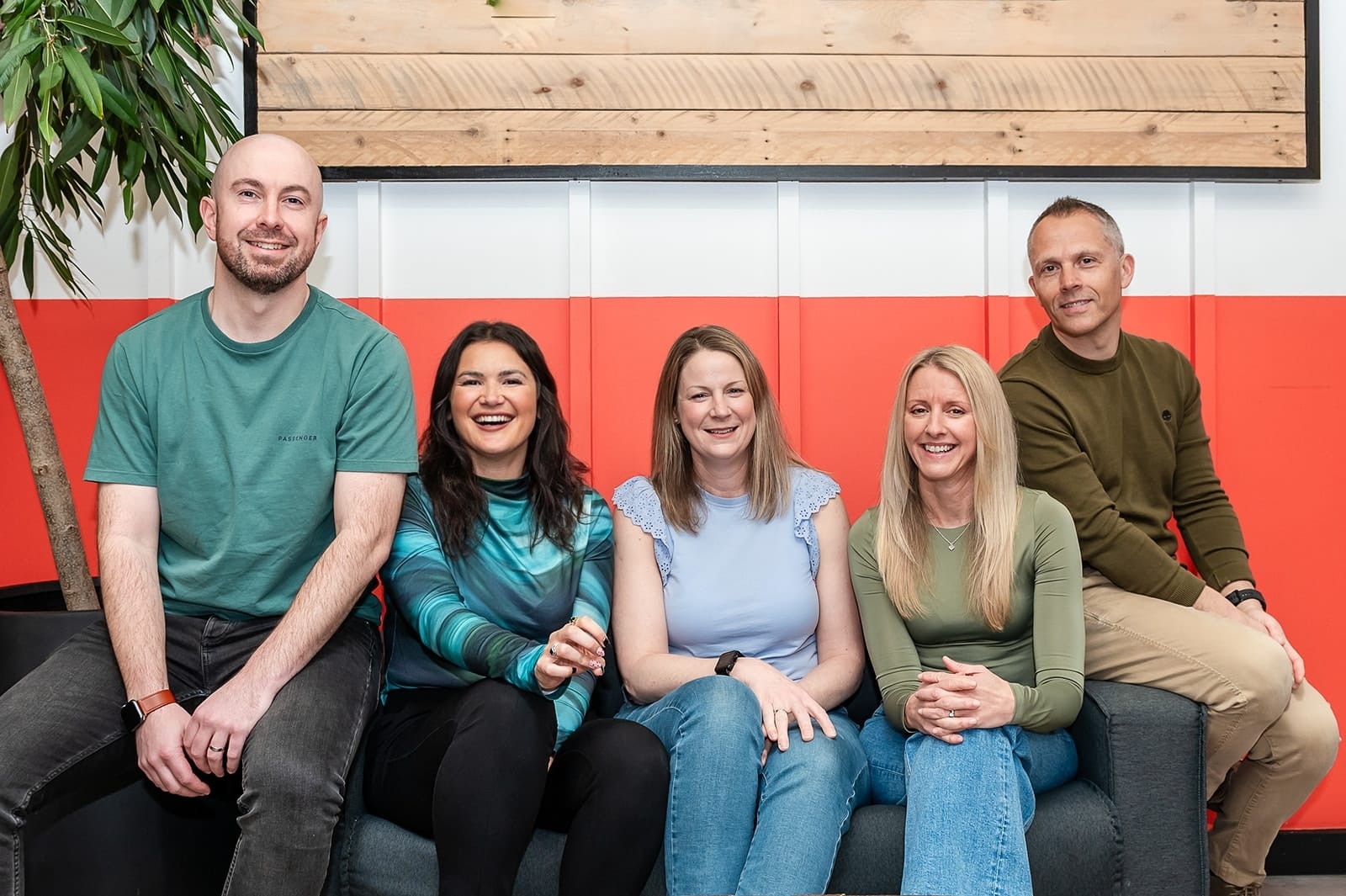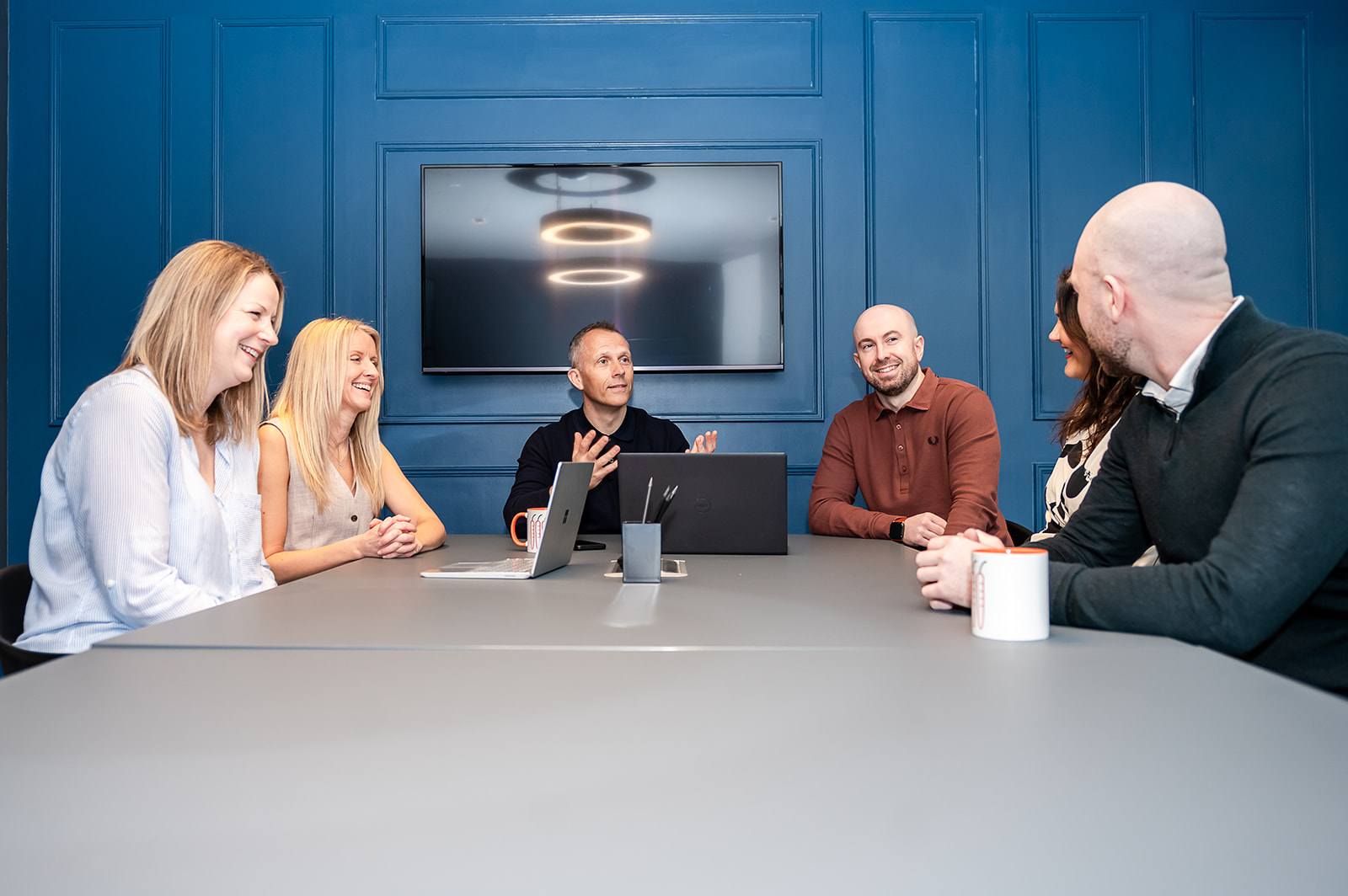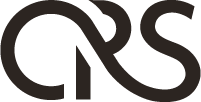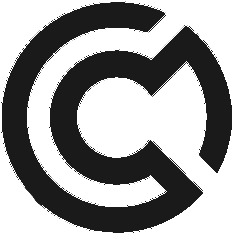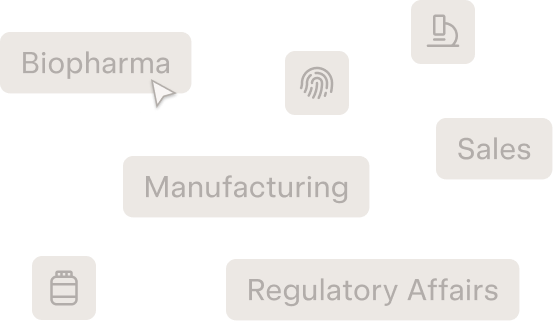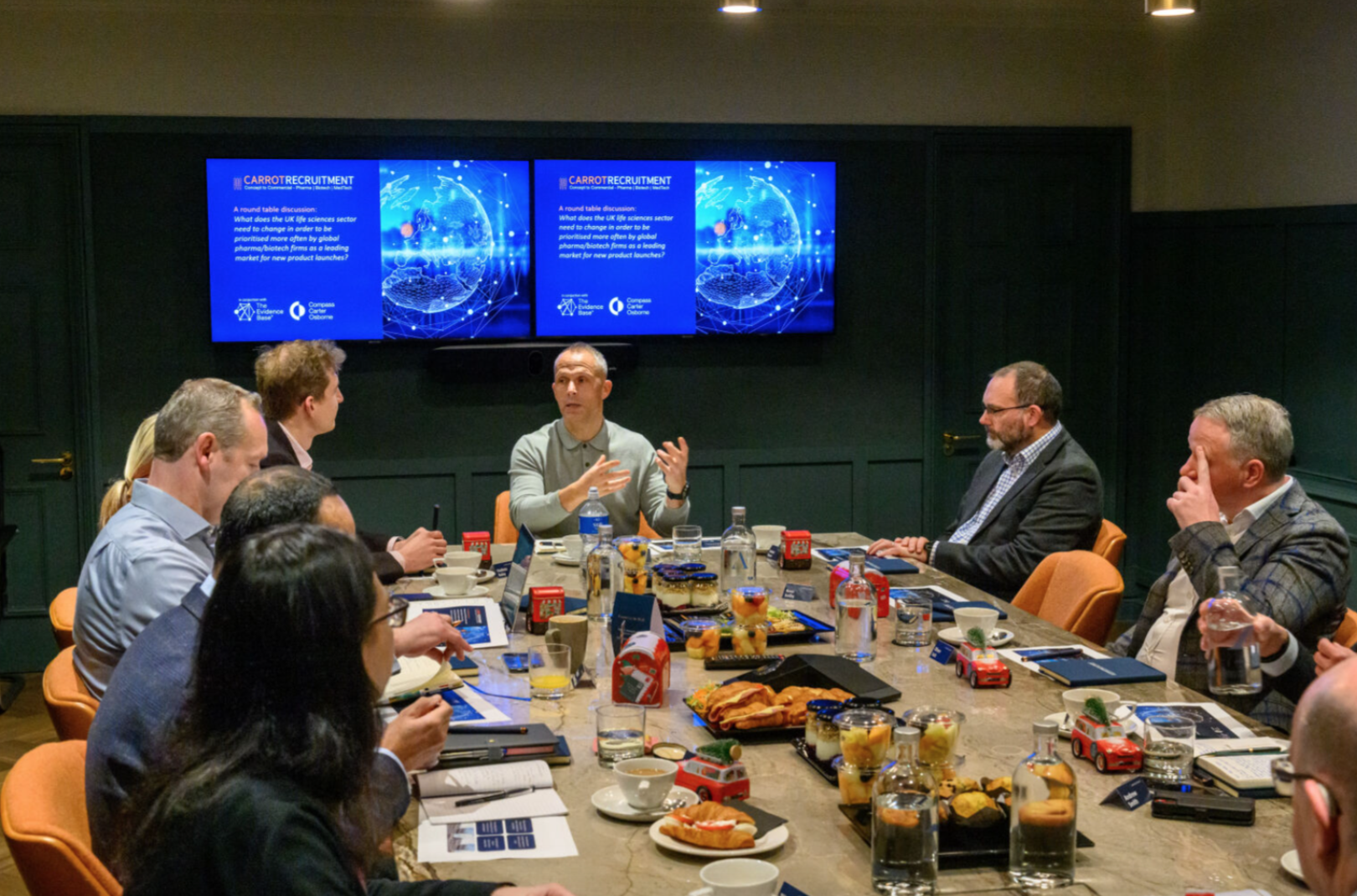To help you successfully prepare for an interview, we asked our knowledgeable Market Access consultants for their top tips on how to ace the process. Read on to find out more:
Preparation is key
Even if you’re confident you know your stuff, it’s still important to thoroughly prepare for your interview. If you’re working with a recruitment agency for your next career move, they’ll be able to provide you with plenty of reading materials, tools and advice on the interview process. Alongside this, you’ll receive details on who will be interviewing you, background information on the company and role, and any feedback from previous interviews.
If you’re not working with a recruitment agency, a lot of this information can be found via the company’s website, LinkedIn pages and social media channels. Spend some time finding out about their company culture, read up on published case studies and look at any examples of their work you can find online.
If using a consultant, they’ll also set up a briefing call ahead of your Market Access interview to ensure you are fully prepared and to answer any last-minute questions you may have.
Know your stuff
Depending on the Market Access role being applied for, the background knowledge required will vary. But chances are you’ll have experience within one or more of the following areas:
- Pricing & Reimbursement
- Value Communication
- Value Proposition
- Strategic and/or Drug Launch such as HTA Submissions
Generally, experience of EU5 is standard, but regional experience is rarely an issue.
To ensure you’re up to date on the latest trends within your role and any relevant industry updates or news, there are several sources to keep an eye on. PMLive is one of our go-to websites for recent industry information or check out the blogs pages of any Market Access consultancies to uncover what they’ve been discussing.
The interview process
The process for a Market Access interview usually consists of two stages (although sometimes there can be a third), with the first stage lasting about an hour and 1-2 hours for the final part, depending on whether there’s a task involved.
Interview tasks
The tasks involved with a Market Access job interview tend to be a written exercise around a certain topic of choice, a proposal, a presentation to highlight the interviewee’s knowledge and presentation skills or a task to discuss a project you’ve worked on previously.
Try to give yourself as much time as possible to complete any tasks ahead of the interview and avoid leaving it until the day before it’s due for submittal if possible. Give everything a thorough read through to double check for any spelling and grammatical errors.
What questions to expect
As with any interview, you’ll be asked general questions about your past experiences, why you’re looking for a new opportunity and your knowledge on the company and what they offer.
You should also expect to be asked questions specific to the Market Access industry, such as experience around the project types worked and any contributions made to the end product. The interviewer will be keen to find out what experience you already have and how much training you may require to be able to do the job successfully, as well as understanding what projects you’ll be able to work on without too much support.
You might be asked to give examples of a time when you’ve completed more than just the project side of the work involved, so it’s worthwhile formulating an answer to this ahead of your interview. For example, you could be asked about a time where you led a project, trained a team member or ran a meeting with a client.
A job interview is as much about you finding out about the company as it is about them discovering whether you’ll be a good fit, so it’s worthwhile preparing a handful of questions to ask the interviewees. Some examples of these could be:
- What are the benefits of working there
- What positive or unique selling points can this business offer
- What would career progression look like in the role and what development opportunities might there be
- The structure of the teams
- Future plans for the business
- Why the interviewers themselves joined the company and what it is they enjoy best about working there
The interview process
There are generally two, sometimes three, stages to the interview process for a job within real-world evidence. The first stage will usually last about an hour, and the final stage typically between 1-2 hours, so make sure you’ve got a drink to hand (regardless as to whether the interview is virtual or in person) as expect to be doing a fair bit of talking.
Interview tasks
Not all interviews within RWE will involve a task, but if there is, it will most likely be either written based, or if interviewing for a technical/data opportunity, you might be asked to work with data sets to manipulate the information given in order to show competency.
If you’re asked to prepare your task in advance of the interview, be sure to leave plenty of time for completion, plus some extra time to triple check it before submitting. Again, if working with a recruitment agency, they’ll be in a position to guide you through this task and will happily review it for you.
What questions to expect
As with any interview, you’ll be asked general questions about your past experiences, why you’re looking for a new opportunity and your knowledge of the company and what they offer.
For a role within real-world evidence, you should also expect to be asked about the types of projects you’ve worked on previously and the deliverables of these, so be sure to have answers prepared. You might also be asked to give examples of different working scenarios, such as leadership skills, successes within RWE or times where you’ve had to overcome difficulties. These types of questions typically occur in the latter stages of the interview process.
A job interview is as much about you finding out about the company as it is about them discovering whether you’ll be a good fit, so it’s worthwhile preparing a handful of questions to ask the interviewees. Some examples of these could be:
- Questions about the company
- What are the benefits of working there?
- What positive or unique selling points can this business offer?
- What would career progression look like in the role and what development opportunities might there be?
Final thoughts
““My best piece of advice is to remain open-minded and not to give up on an opportunity too early. I’ve worked with numerous candidates who have happily accepted a fantastic role after almost giving up, due to fears it wouldn’t be right for them. But once explored further, they found both the company and the role actually had a lot more to offer and gave them the confidence to persevere.” ”
Looking for a new role within Market Access?
If you’re looking to explore your options within Market Access, RWE or HEOR, we’re here to help. Get in touch for an informal and confidential chat around your career prospects.
We will fully prepare you for each stage of the recruitment process – from applying, to accepting an offer. We provide guidance and support with CV advice, interview tips and insider knowledge to give you more confidence about the workplace you’re entering and what the culture is like. We can also give you access to jobs that are confidentially advertised or not yet posted on the internet. With more options to apply to, you have a better chance of receiving the job offer you’re looking for.
You can check out all the current vacancies we have available via our jobs page or submit your CV and one of our consultants will be in touch!


















